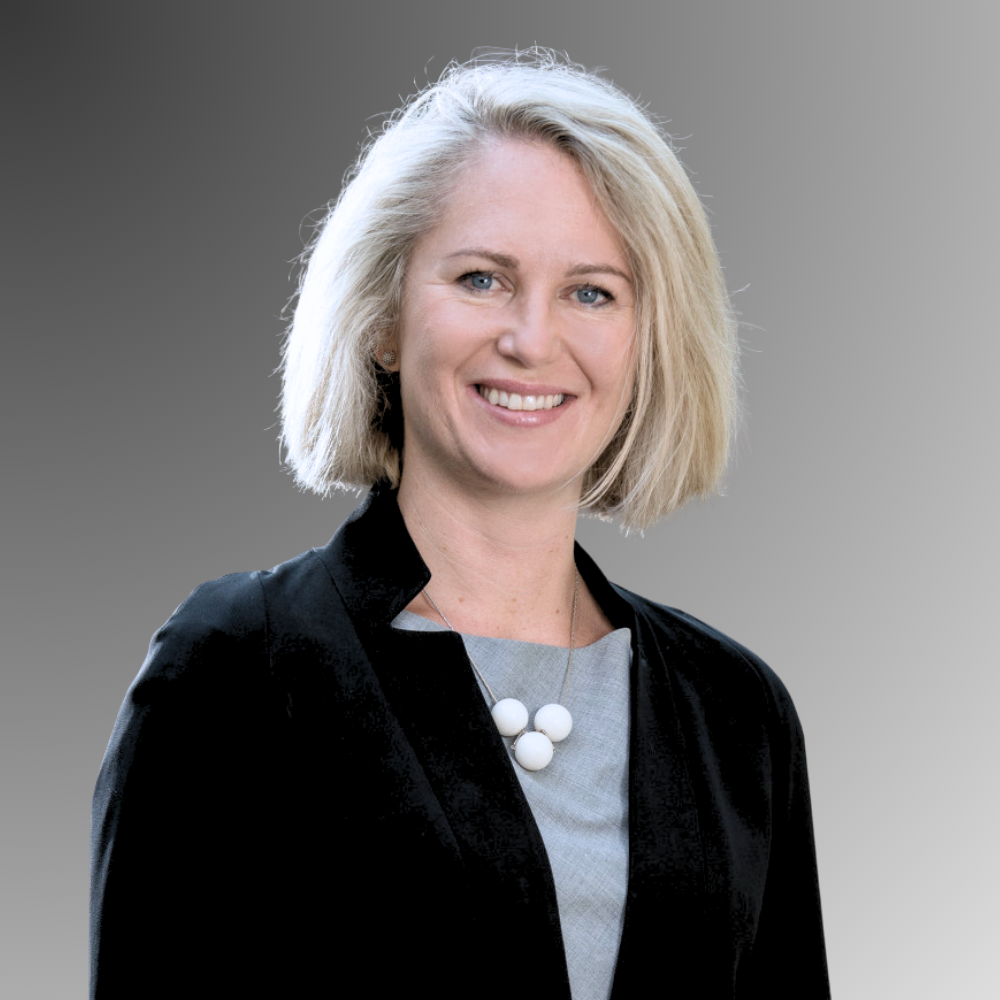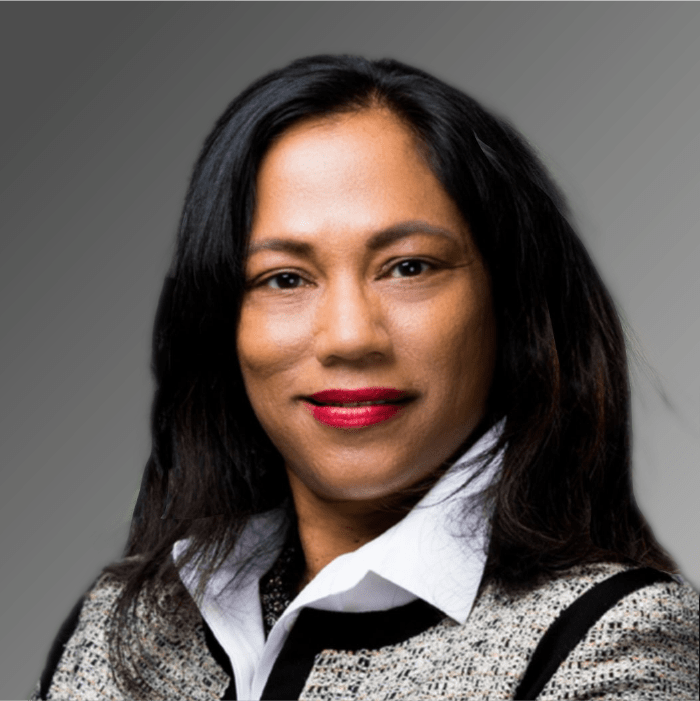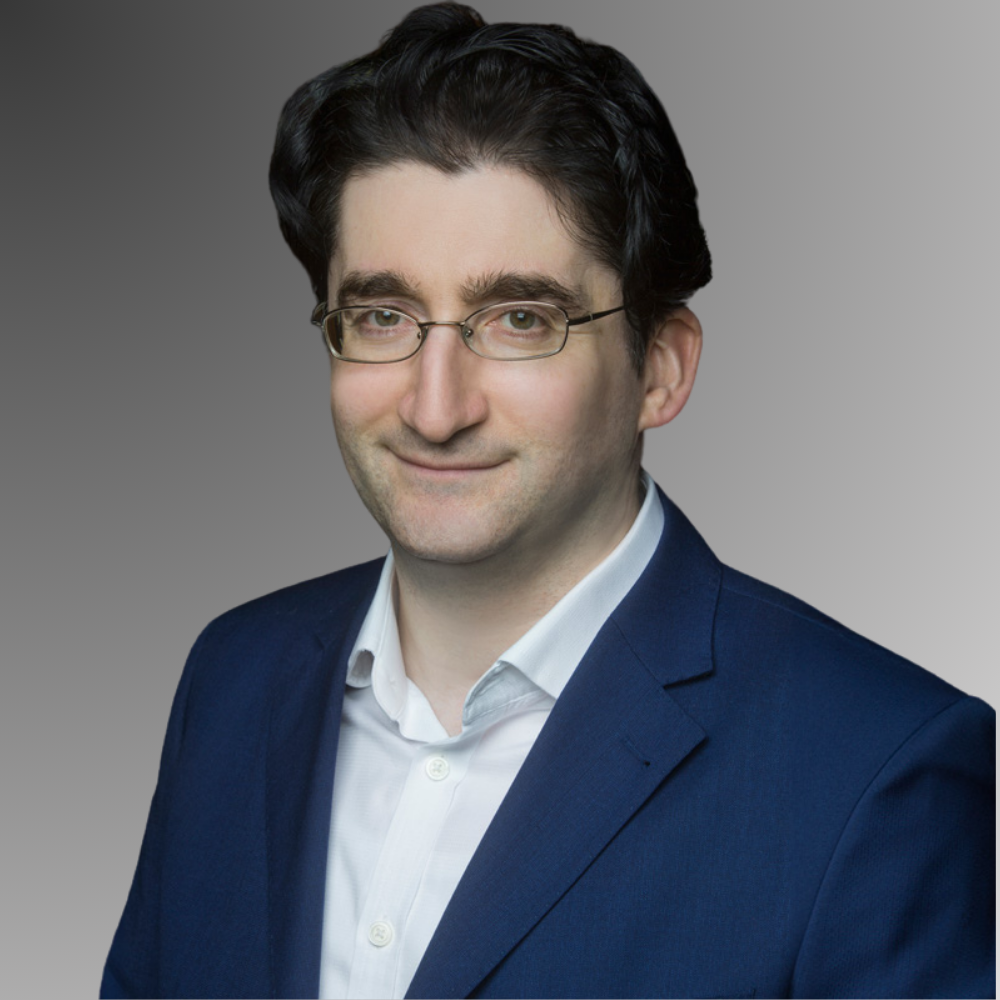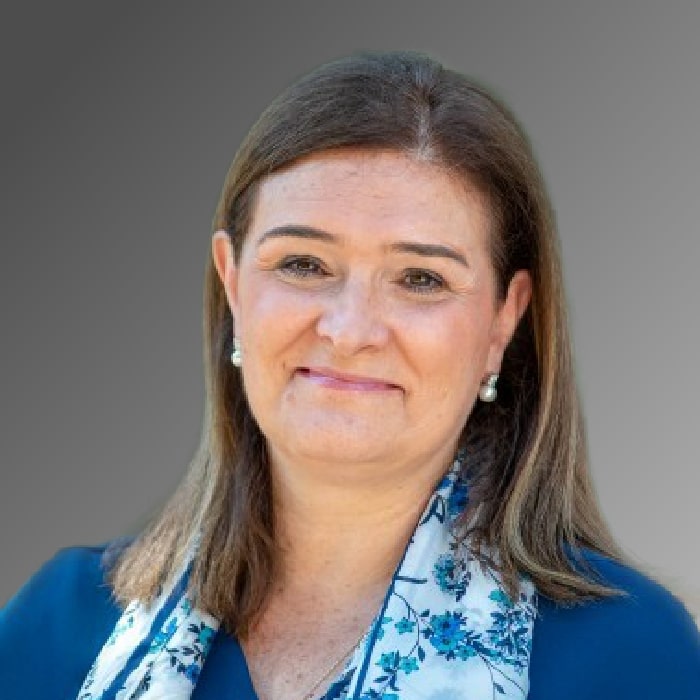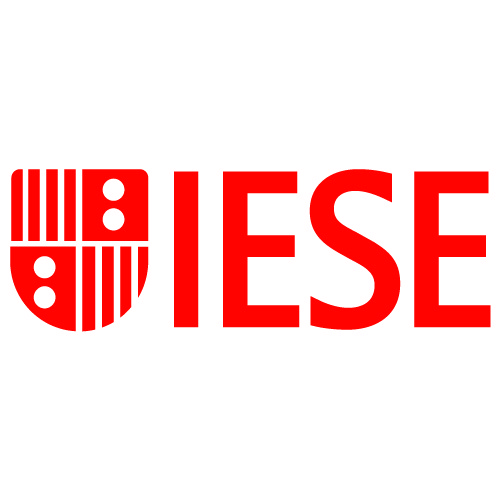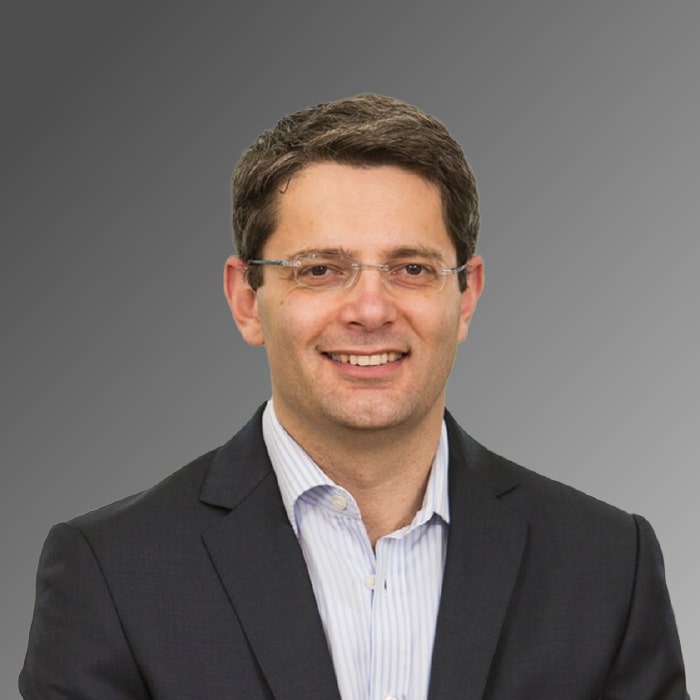From Finance to Philanthropy: Lisa Hehenberger on the Rise of Venture Philanthropy and Impact Investing
Interviewed January 16th, 2025
In January 2025, Corporate Venturing Insider welcomed Lisa Hehenberger, Associate Professor at Esade Business School in Barcelona, Spain. Lisa, a leading expert on social impact and venture philanthropy, brought her decades of experience to the discussion, offering rich insights into the evolving landscape of impact investing and the growing importance of venture philanthropy in her conversation with Nicolas Sauvage, President of TDK Ventures.
Lisa began her journey as an investment banker in London, specializing in mergers and acquisitions. However, despite her success, she felt a disconnect between her work and societal contribution. This led her to Spain, where she pursued a PhD and encountered the nascent concept of venture philanthropy. "I thought it was fascinating," Lisa recalled. "It allowed me to combine my background in finance with the opportunity to address societal and environmental challenges." Over the last 20 years, Lisa has dedicated her career to exploring how financial rigor and social purpose intersect.
The Rigor of Impact Investing
Lisa emphasized that her foundation in investment banking shaped her disciplined approach to impact investing. “Sometimes, my students think this social stuff will be fluffy,” Lisa shared with a laugh. “By the end of the course, they're convinced that's not true. You can do this with a rigorous approach.”
She detailed the progress in impact measurement frameworks, highlighting how subjective elements remain a challenge. “There's some subjectivity in financial valuations”, Lissa explained
It’s like when my boss in investment banking would ask me to adjust assumptions in a financial valuation,” Lisa explained. Her boss used to exclaim when she provided valuations, "That's a bit low. Can you rework the numbers?” and Lisa would have to adjust her numbers. The subjectivity is even more pronounced when measuring impact.
Measuring Impact: A Balancing Act
Lisa delved into the complexities of measuring impact. She noted the difficulty in comparing vastly different projects, such as education for girls, versus environmental initiatives. Lisa stressed the importance of an impact thesis and robust indicators to guide measurement but acknowledged that some areas, like systemic impact or long-term ecosystem changes, remain challenging to quantify.
She also discussed the challenges of early-stage impact investing. “Often the companies that you're investing in (don’t) have the data yet or the evidence,” Lisa said. “They need to set up a system to collect the data on the customers so that they would have that evidence.” Investors need to collaborate with entrepreneurs to establish their ‘Theory of Change’— how they will address a specific social or environmental challenge through intervention as an entrepreneur and eventually eliminate the problem.
Venture Philanthropy: Filling the Gaps of Traditional Philanthropy
A significant portion of the conversation revolved around venture philanthropy, a subject Lisa explored extensively during her PhD. She described it as a response to the limitations of traditional philanthropy, where funding often focuses on projects rather than building organizational capacity.
Traditional philanthropy often avoids funding core operational costs, which leaves organizations struggling to hire talent or develop long-term strategies, Lisa explained. Venture philanthropy, in contrast, takes a holistic approach, offering unrestricted funding, longer-term support, and non-financial resources like strategic guidance.
Lisa also highlighted how financing instruments like loans or convertible debt can foster accountability and financial sustainability, distinguishing venture philanthropy from mere charity. “This approach creates a culture of sustainability within organizations,” she added.
Examples of Systemic Impact
Lisa emphasized the need to consider systemic impact, citing Tesla as an example. “(Some) think of EVs as the impact of Tesla, but Tesla has been enormous in contributing to the and creating the EV market”, she said. Similarly, impact investors can aim to transform industries, such as plant-based foods, by supporting innovative companies that pave the way for widespread change.
However, systemic impact requires collaboration across sectors. “Philanthropy, public sector efforts, and policy advocacy are essential,” Lisa noted. “For example, plant-based food adoption may require regulatory changes, educational initiatives, and shifts in consumer behavior.”
Europe’s Growing Impact Ecosystem
Having worked extensively across Europe, Lisa expressed optimism about the region’s impact investing ecosystem. She highlighted countries like France, Germany, and Spain, where growth has been fueled by supportive policies and funding from entities like the European Investment Fund.
However, challenges remain in less-developed regions, such as Eastern Europe. “Impact investors cannot work on long-term problems and on policy and advocacy because those are activities that are not profitable”, Lisa says. “Philanthropy, and the public sector are really important in changes impact investors cannot do.”
Educating the Next Generation of Impact Leaders
As Director of the Esade Center for Social Impact, Lisa is passionate about inspiring and equipping students to pursue impact-driven careers. Esade’s Social Impact Lab, a specialized MBA track, provides hands-on experience through projects with real-world impact investors.
“We want to provide students an opportunity to get their hands dirty, to experiment, to do things, here that they will be doing in the field of practice,” Lisa said. “We have one course called Impact Investing in Action where we do this with a debt fund, called MCE Social Capital. They screen out some of the opportunities, and then they choose some companies to invest in. They conduct due diligence and really like dig deep into both the financials and the impact. Then, in the last session, they make a proposal to the investment committee.
The enthusiasm from students gives Lisa hope for the future. “Each year, we have more students who are interested in impact,” she said.
The Future of Venture Philanthropy
Nicolas closed the discussion by asking Lisa about her vision for venture philanthropy over the next decade. Lisa expressed a desire for the practice to become mainstream. “I hope it would be natural for corporate foundations” she said in reference to working with venture philanthropy.
Lisa also aims to empirically demonstrate the effectiveness of venture philanthropy. “I hope that it's not going to take another 10 years”, explains Lisa. “If (venture philanthropy) becomes something that people talk about and understand, that would be a success.

 Impact investing requires rigor like traditional finance, despite some people viewing it as "fluffy". It demands a clear “Theory of Change” with measurable metrics to track societal and environmental outcomes, ensuring financial returns align with tangible benefits.
Impact investing requires rigor like traditional finance, despite some people viewing it as "fluffy". It demands a clear “Theory of Change” with measurable metrics to track societal and environmental outcomes, ensuring financial returns align with tangible benefits. 